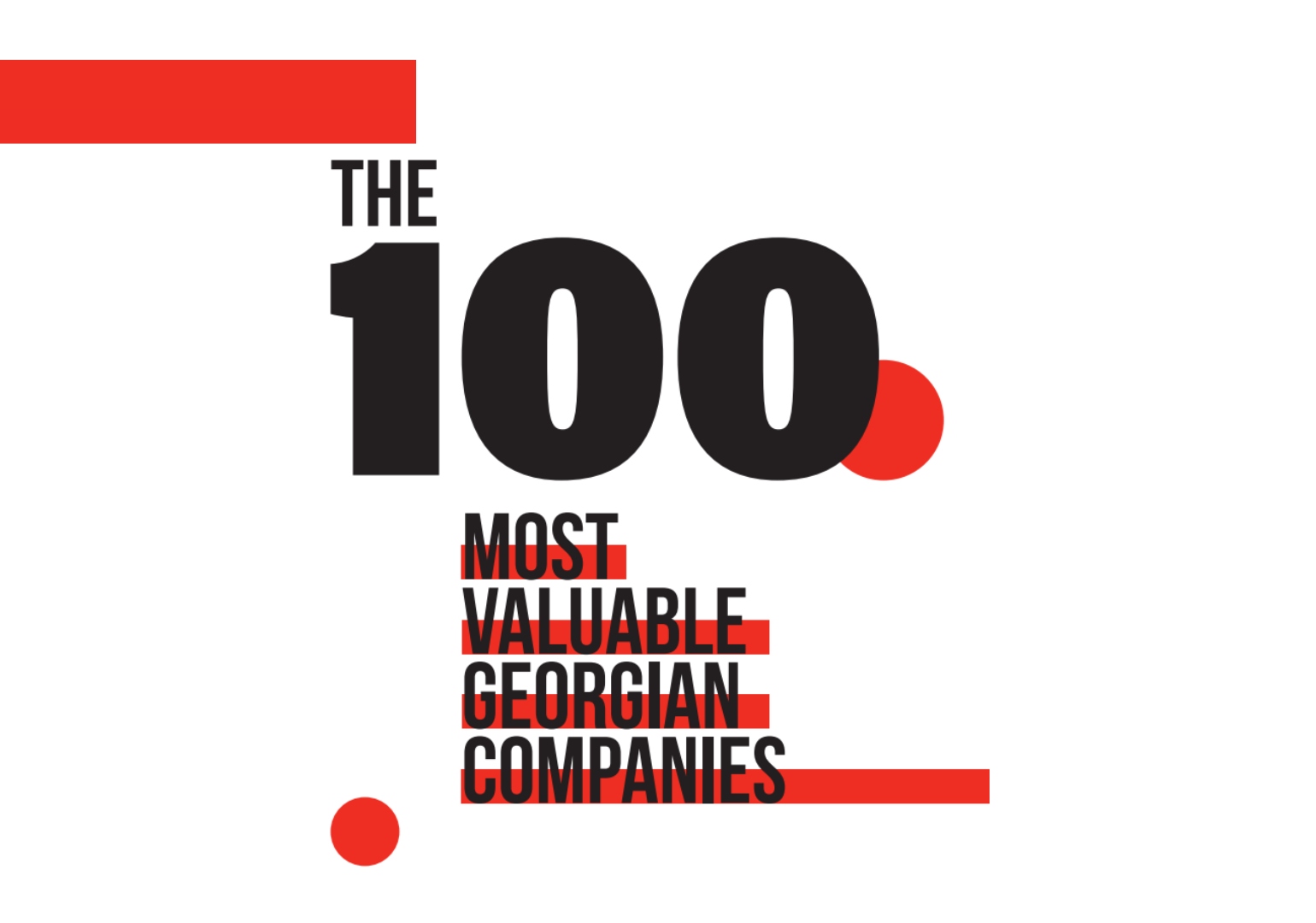The number of women holding senior leadership positions in mid-market businesses globally has hit 31% despite the COVID-19 pandemic affecting economies around the world, according to Grant Thornton’s annual Women in Business report.
Francesca Lagerberg, global leader at Grant Thornton International Ltd says: “Passing the 30% of women in senior roles globally is an important milestone for businesses, but not the end goal. Those businesses that want to reap the benefits of a better gender balance, must continue to take action to enable women to realize their ambitions.”
Seeing the proportion of women leaders rise to 31% is encouraging, given the global figure remained stubbornly stuck at 29% for the previous two years (2019 and 2020). It also passes the important 30% threshold, which research(Dahlerup, D. (2006). The Story of the Theory of Critical Mass. Politics & Gender, 2(4), 511-522. doi:10.1017/S1743923X0624114X) shows is the minimum representation needed to change decision-making processes. All regions surveyed except for APAC (28%) have now surpassed the crucial 30% milestone.
Another encouraging finding is the types of leadership roles women are occupying. Grant Thornton’s research reveals higher numbers of women across operational C-suite roles compared to last year, with the proportion of female CEOs up 6pp to 26%, female CFOs also up 6pp to 36%, and female COOs up 4pp to 22%. The proportion of women in the more traditional senior HR roles was down slightly at 38% (-2pp on 2020) and has trended downwards since 2019.
Additionally, over two-thirds (69%) of respondents agree that in their organizations, new working practices as a result of COVID-19 will benefit women’s career trajectories long-term, despite potentially hindering factors which may be down to the flexibility that remote working offers.
While the number of women in leadership roles has grown, questions remain over the impact of the COVID-19 pandemic on women, particularly working mothers. UN data shows that, before the pandemic, women did three times as much unpaid housework as men, and mounting evidence indicates that COVID-19 is only increasing this disparity – as well as adding the extra responsibilities of childcare and homeschooling while schools are closed (UN Women, Nov 2020).
Francesca Lagerberg says: “Breaking the 30% barrier certainly does represent progress – having grown from 19% 17 years ago when we first started tracking this – but these gains can easily be lost. Reassuringly, 92% of businesses globally say they are taking action to ensure the engagement and inclusion of their employees against the negative backdrop of the pandemic, and with the normalization of remote working, employers are becoming ever more flexible about how, where, and when employees do their jobs.
“Now more than ever, businesses need to stay focused on what is enabling women to progress to leadership positions, so that women move forward rather than back as a result of the global pandemic.”
International Business Report
The Grant Thornton International Business Report (IBR) is a survey of mid-market businesses. Launched in 1992, the IBR now provides insight into the views and expectations of more than 10,000 businesses across 29 economies.
Questionnaires are translated into local languages and fieldwork is undertaken on a biannual basis, through both online and telephone interviews. The data for this release is from interviews conducted in October to December 2020 with chief executive officers, managing directors, chairperson or other senior executives from all industry sectors.
More information: https://www.grantthornton.global/en/insights/articles/About-IBR/
Grant Thornton’s Women in Business report
For more than 15 years, Grant Thornton has been reporting on gender diversity in senior management among the world’s mid-market businesses.
Forbes Georgia: სარედაქციო გუნდი
















